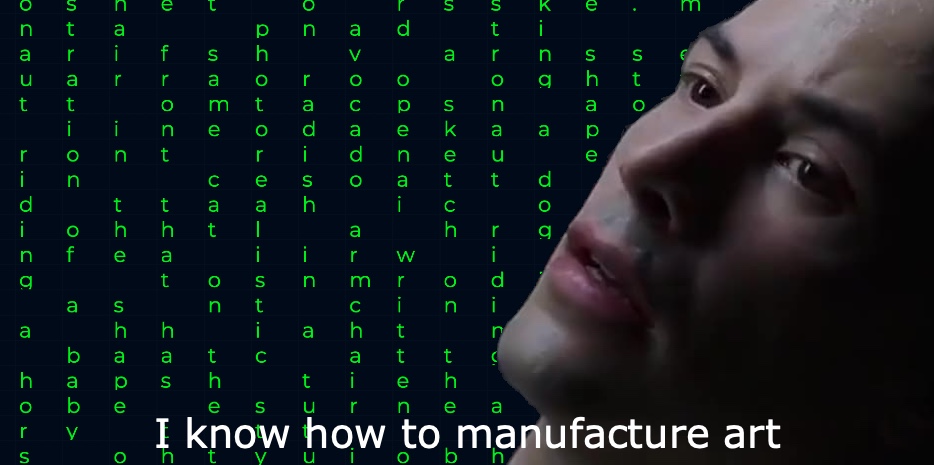Profession by Isaac Asimov and ChatGPT

(I missed that this story was posted on Hacker News a month ago, but I had this post rolling around my brain anyways, so I’m writing it here instead of in a comment on a basically-ancient submission.)
Sometimes science fiction gives a peek into a possible future. Not enough people are talking about this old classic short story “Profession” by Isaac Asimov* and what it can teach us about our AI-and-prompt-engineering-powered future.
(And if that link goes down, use the web archive version)
I’m about to spoil this entire story, read it first if you want to be surprised. It’s not long.
Profession is set four thousand years in the future. On each person’s eighteenth birthday, their brain is scanned to find an appropriate profession, and then all the professional knowledge they need is downloaded from a tape. Like the Matrix!
Our protagonist George wants to be a “Registered Computer Programmer”.
On his eighth birthday, on Reading Day, he is given the ability to read. Most kids don’t do much with it, but George reads everything he can about programming.† On his eighteenth birthday, on Education Day, his brain is scanned and he’s told he’s not suitable for any profession. Yada yada yada, at the end of the story he finally figures out that someone has to make all the tapes and discover all the new advances, and you can only do that if you learn things the hard way.
Literature often abhors straightforward morals. Not here!
- Read.
- Teach thyself.
- Original work will never go out of style.‡
“Profession” doesn’t give us an exact answer to the professional and societal changes programmers will see with AI. (And if you do require exact answers, maybe fiction isn’t for you right now.) It’s not a 1-to-1 mapping of what we have in front of us now and what we’ll have in our future.
But every other day I read another young artist bemoaning their future, wondering what the point of their art is when OpenAI and DALL-E generates all this competent art with the click of a button. I want to give them all this story. Because we’ll still need all those writers and painters and photographers to push forward the state of the art of art.
Footnotes⌗
* For the young in the audience, https://www.abelard.org/ is what the whole internet used to be. Personal, libertarian, and strangely artistic.
† Other people in the story have no concept of reading books for education. Education is given, not taken. George takes it. (A small point also covered Tara Westover’s Educated: A Memoir)
‡ There’s a fourth, smaller moral in the story. People who are given an education have a very small point of view, and are only concerned with the small movements within their field, and are unable to connect them with larger movements of society and history.